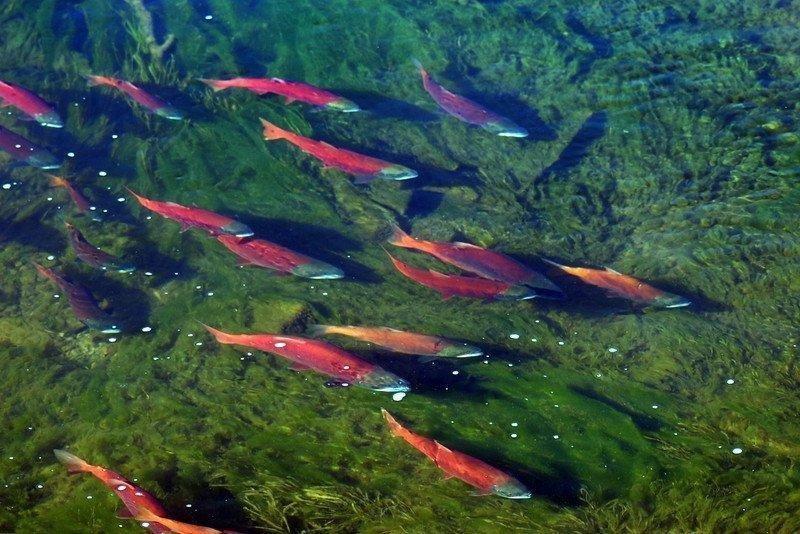Talk of fishing conjures up peaceful days of hanging a line into a lake or stream and waiting for something to happen. But there is a dark battle brewing that has been heating up for some time that undermines that idealized vision. It pits private land owners with streams crossing their property against some in the sport fishing and water access community.
Representative Kay McIff has introduced House Bill 68 (H.B. 68), entitled “Public Trust Obligations and Constitutional Protections.” This bill seeks to define the scope and limits of the public trust doctrine in Utah. The bill also clarifies that a water right is a property right that is protected by the Utah Constitution, and cannot be taken for public use without just compensation.
Why is this bill so controversial? Water rights, the life blood of the west.
Supporters of this bill feel it is necessary to ensure that their water rights are not taken by groups trying to ensure stream flows.There are Federal Laws in place that do protect critical stream flows to ensure species survival and adequate water flows to down stream water rights holders.  This law has been proposed to head off potential lawsuits from groups like Utah Stream Access Coalition to demand that other users (farmers, cities, water companies etc.) dial down their use of water from flows to ensure “historic” stream levels.
The bill will define that a water right is a property right that is protected by the Utah Constitution.
So why does this bill anger the angling community? Utah Stream Access Coalition feels like it is an end run around a lawsuit they filed after HB 141 passed back in 2010. That bill directly related to stream access on private land.
It stated that water users (anglers, rafters, kayakers, hunters and others) are not allowed to walk on stream beds of public water ways when they crossed over private land without the land owners permission. Floating over those waters is allowed as long as it has sufficient volume, width and depth to do so.
One of the arguments of the Coalition is that it denies public access to a what the Utah Supreme Court ruled as public waterways. They have filed several lawsuits fighting HB 141 as unconstitutional. If HB 68 is passed then it will add another layer to this fight by defining the water rights as private property.
Stream access proponents say all they want is the right to go fish the streams and be left alone. But private property owners fear that even though access to the streams would be at public access points, it denies private land owners the right to control who is on their land and their ability to protect themselves and their property from vandalism. If they have to allow the waterways to remain open, then anyone can come on their property through that access point.
The Outdoor Retail industry is with the Utah Stream Access Coalition on this matter. They have poured over $4 billion dollars in retail sales into the state’s economy and feel that the restrictions hurt their ability to lure out of state sportsmen and anglers into the state. They contend that the access is a land trust issue.
The Utah Farm Bureau is in full support of both HB141 and HB 68 because it allows for the protection of private property. Vandalism, open gates and property destruction cause financial losses to the farming and ranching community every year. In drought years, every drop of water may be vital in keeping the farmers and ranchers in business. They feel that it solidifies 125 years of settled water law issues.
The stakes are high on both sides of the argument. Legal issues abound, and for many it comes down to their very livelihood.
В


